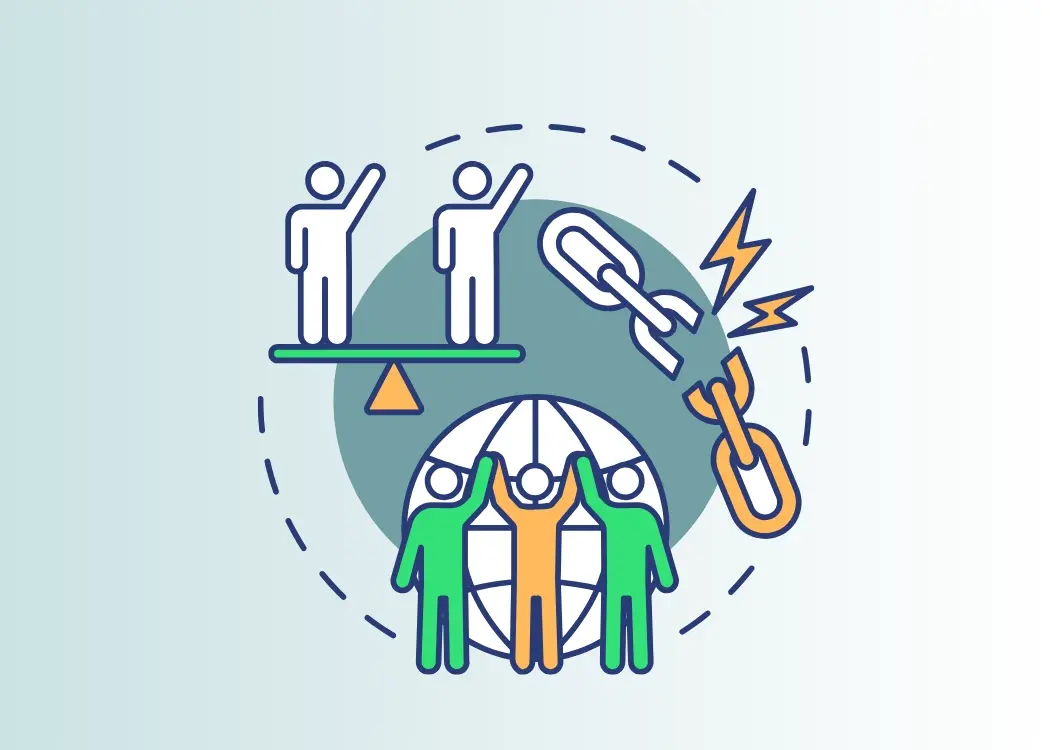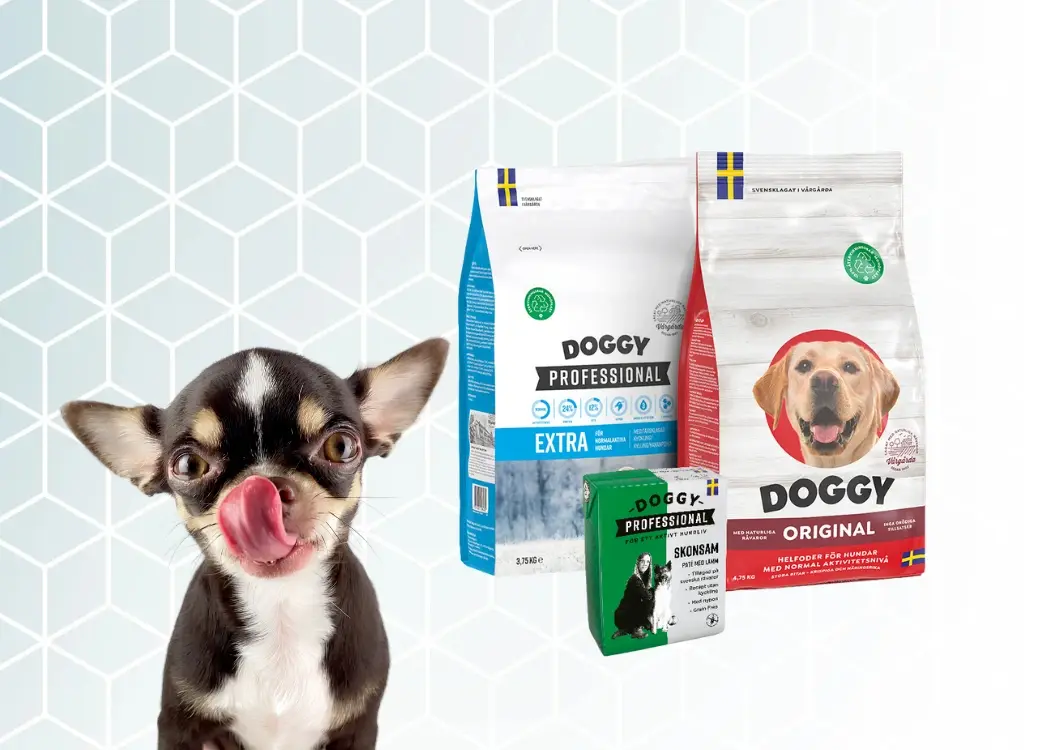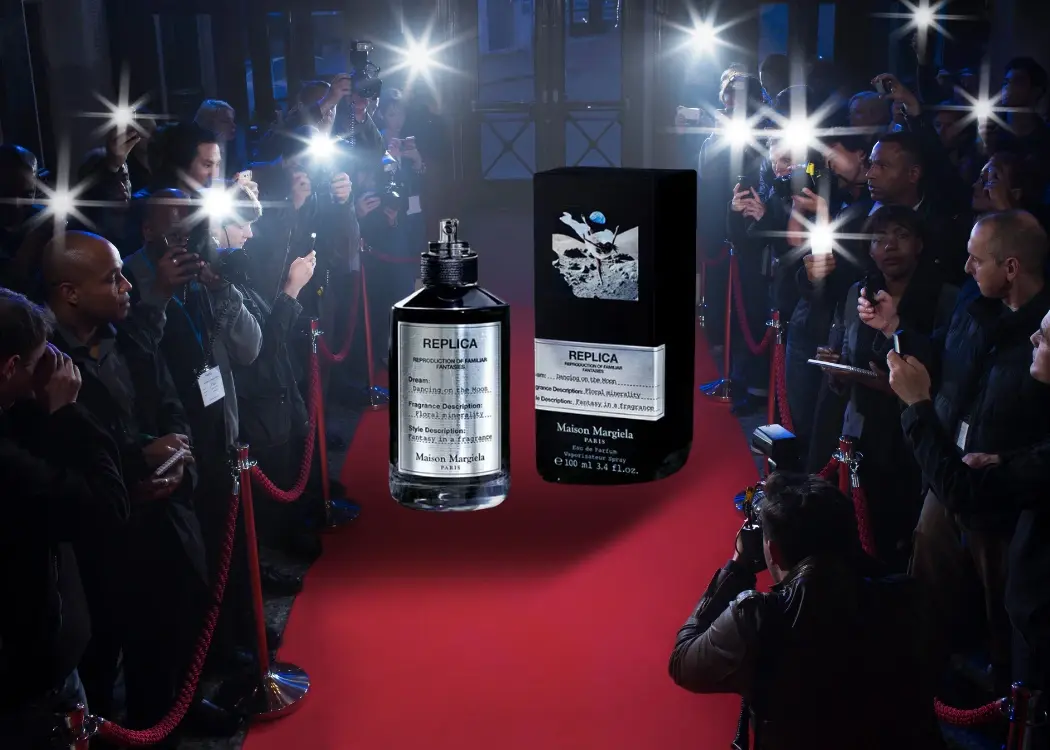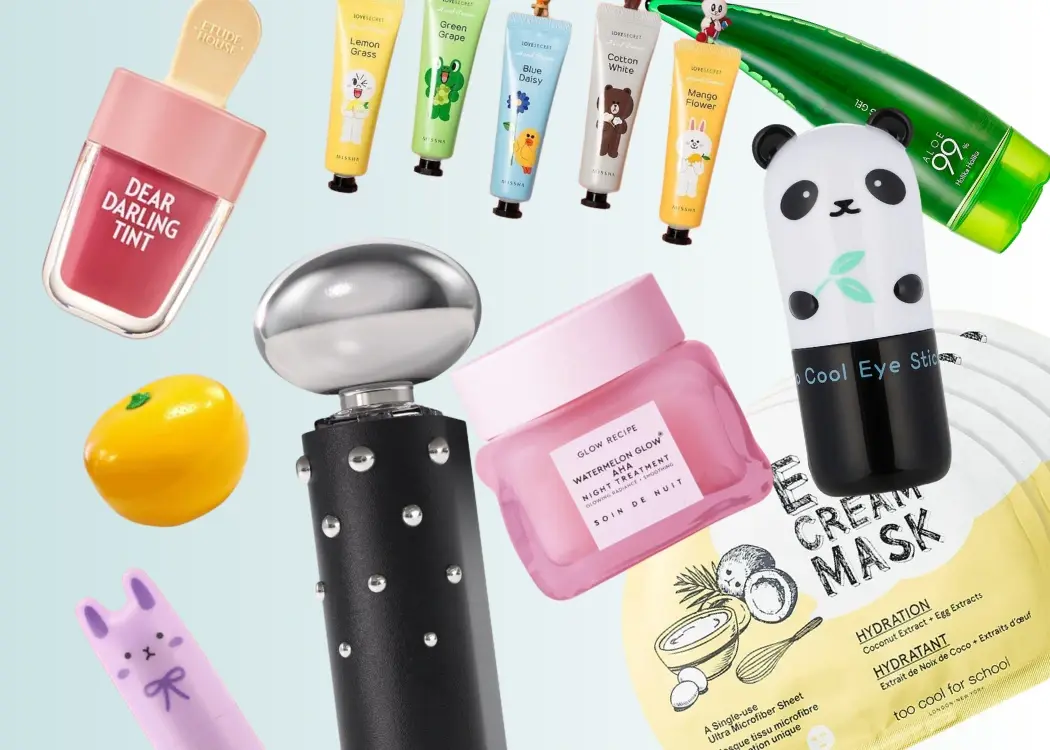Why pet food packaging is a brand risk you can’t afford to ignore
As pet parents, we spend time choosing the right food — the one that promises shiny coats, strong joints, or grain-free digestion. But there’s...
3 min read
Ekaterina Skalatskaia
:
May 10, 2025 8:30:00 AM

World Fair Trade Day, celebrated annually on the second Saturday of May, is more than just a symbolic event—it's a powerful call to action. On May 10, 2025, individuals, organizations, and brands around the globe will once again shine a spotlight on the importance of ethical production, equitable trade practices, and responsible consumerism. In this landscape, packaging plays a crucial role—not only as the first tangible interaction a customer has with a product, but also as a medium for communicating values.
Modern consumers are increasingly driven by trust, transparency, and traceability. Ethical packaging is no longer just a “nice to have”—it’s a brand imperative. And at the core of it all is a technology-driven transformation that enables companies to align their packaging operations with Fair Trade values.
This is where Cway® steps in.
Before we explore how technology like Cway® Software supports ethical practices, let’s define what ethical packaging really means.
Ethical packaging refers to the materials, messaging, processes, and labor practices behind how a product is packed and presented. It includes:
Sustainability: Use of recyclable, biodegradable, or compostable materials.
Transparency: Clearly disclosing sourcing, manufacturing, and environmental impact.
Labor Ethics: Ensuring packaging suppliers and production workflows are aligned with Fair Trade principles—no exploitative labor or unsafe working conditions.
Inclusivity & Accessibility: Designing for people with different needs and backgrounds.
Ethical packaging becomes a vital storytelling tool. It tells the consumer: We see the bigger picture, and we’re making conscious choices.
Why is ethical packaging gaining so much traction?
Studies consistently show that ethical and sustainable products outperform competitors in long-term brand loyalty. For instance:
73% of Gen Z consumers are willing to pay more for sustainable products (First Insight).
62% of global consumers believe companies must take a stand on social and environmental issues (Edelman Trust Barometer).
Modern shoppers scrutinize packaging—not just for branding, but for proof. They want transparency, ethical sourcing, and a commitment to Fair Trade values. Packaging is the front line of that communication.
To meet the rising demand for ethical packaging, brands need more than good intentions—they need scalable systems. That’s where Cway’s artwork and packaging workflow automation becomes a game-changer.
Traditional packaging processes are siloed, manual, and prone to human error. This becomes particularly problematic when:
Ensuring supplier compliance with ethical sourcing standards.
Managing multilingual or regional packaging regulations.
Tracking sustainability certifications and claims (e.g., Fairtrade, FSC, Rainforest Alliance).
Auditing and versioning packaging components to prove compliance.
Without the right infrastructure, even well-meaning companies can fall short.
Less Waste. More Speed. Maximum Control.
Learn how leading brands use Cway® to cut costs and go to market faster. 👉 Why Cway® works
Cway® empowers companies to embed ethical standards directly into their packaging operations, from concept to shelf. Here's how:
Cway® allows regulatory and ethical requirements—such as Fair Trade compliance, country-specific labor disclosures, or eco-labeling rules—to be built into the system. Teams can:
Tag artwork components with compliance metadata.
Trigger automated reviews when ethical standards are not met.
Maintain an audit trail for every change and stakeholder involved.
Cway's collaborative features extend to external suppliers, allowing packaging managers to:
Share real-time briefs and specifications with ethical sourcing standards embedded.
Request proof of compliance (e.g., Fair Trade certification files, supplier declarations).
Assign roles and permissions based on stakeholder responsibilities and regions.
This reduces miscommunication and ensures suppliers are held accountable to ethical standards—without slowing down time-to-market.
Ethical consumers—and regulators—expect brands to provide proof of their impact. Cway® supports this by:
Tracking version histories of every packaging asset.
Recording the lifecycle of sustainability claims or eco labels.
Offering metadata reports to support third-party audits or internal CSR reporting.
World Fair Trade Day is an opportunity to reaffirm values—but it’s also a reminder that values without systems often fail to scale. Cway® bridges that gap by providing a platform where:
Ethics are operationalized into everyday workflows.
Compliance becomes part of the creative process, not an afterthought.
Transparency builds trust, with both consumers and regulatory bodies.
In an age where consumer trust is a fragile currency, embedding Fair Trade values into packaging workflows isn’t just the right thing to do—it’s a strategic differentiator.
As we mark World Fair Trade Day 2025, it’s time for brands to reimagine how they connect with consumers—starting with packaging. Ethical packaging is not just about materials—it's about values, compliance, and storytelling.
With a platform like Cway®, companies can ensure that every package they produce speaks the language of fairness, transparency, and trust.
Ready to align your packaging operations with Fair Trade values? Let’s talk about how Cway® can support your ethical packaging transformation.

As pet parents, we spend time choosing the right food — the one that promises shiny coats, strong joints, or grain-free digestion. But there’s...

Inspired by the Met Gala 2025: “Superfine: Tailoring Black Style” When we think of the Met Gala, we think of jaw-dropping silhouettes, daring fashion...

Let’s be honest: we all love a good serum, but when it comes in a bottle shaped like a milk carton or a cream that looks like a peach? Take. Our....